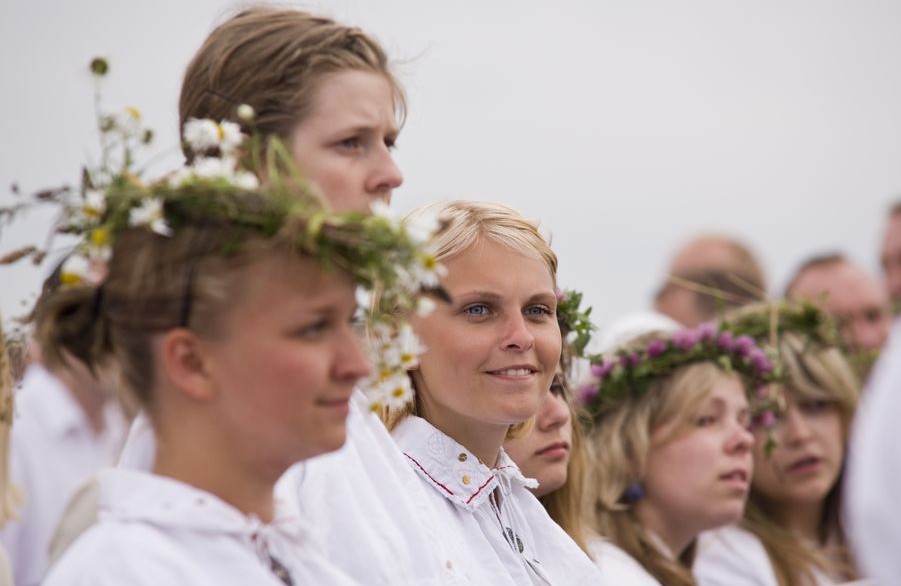Will the émigrés return? Countries between the Baltic Sea and the Black Sea, which have lost millions of their people in the past 20 years, certainly hope so. I have just been to two ‘émigré’ events at the London School of Economics and Political Science (LSE) – one organised by its Baltic societies, another by the Polish societies of Britain’s top universities. Hundreds of students came to both, plus impressive guests from back home. The Polish event drew the deputy prime minister, Waldemar Pawlak, and a host of Polish blue-chip firms. The young diaspora at British universities is a much sought-after pool of talent.
I had a nostalgia rush, remembering my own LSE days, especially in Student Solidarity with Solidarity in 1981-82, chanting protest slogans in the cold outside the Polish embassy, and hearing Poles singing the national anthem, "Poland is not yet lost while we still live”, at a fundraiser we organised. Our main achievement, though, was a scholarship for a persecuted Polish student to come to LSE.
In those days the dilemma was sharp. "In their homeland they have no freedom and in their freedom they have no homeland” was the poignant motto of the captive nations’ diasporas during the Cold War. Now the mantra is different. It runs along the lines of "In their homeland they have no future and in their future they have no homeland”. The picture varies, of course. Thanks to budget airlines, it is possible to stay in regular touch with home – if you want. Internet radio means you can listen to your favourite station anywhere in the world. For some, expatriate life is just a pleasant career stage.
But for other migrants, attitudes are bitter or just apathetic. This seems to be especially true for the least skilled, and those from small towns or villages that have been hard-hit by the economic changes since 1989. I notice their bemused and disdainful reaction when I try to practise my Lithuanian, Polish or Slovak (and not just because of my accent and grammar). A good new British play, "Tu i teraz” ("Here and now”) by Nicola Werenowska, which has enjoyed a successful run in London, exemplifies this. The main character is an iron-willed Polish woman who has made a big success of her new life in England and tries to scrub her life of anything that reminds her of the past.
Losing such migrants permanently is a real risk. Winning them back – and the skills they have acquired – would be a big dividend. Changing economic fortunes may send some home (though for many it was poor public services and other inadequacies that made them leave). Exhortation can help too. Andrius Kubilius, a former Lithuanian prime minister, half-jokingly told his LSE audience "don’t get left behind” in the rush for good jobs back home.
But the best way of keeping hearts warm is fostering identity – and pride. For governments and embassies, that means paying close attention to the diasporas’ needs. Reducing bureaucratic barriers to return helps (removing the hassle from dual citizenship or welfare and pension systems). Consular services could be better for some countries. Political muscle can be flexed. The ‘east Europeans’ can be, if they want, a powerful bloc of voters and consumers. Politicians, media outlets or businesses that treat them badly deserve to suffer.
But governments can only do so much. The most powerful effect comes from private activity. The Estonian choir, the Polish church, the Lithuanian sports club and the Russian bookshop (to take a few London examples) are places for people to cherish their roots. When people are proud of where they come from, they are more likely to consider returning there.
I
This article first appeared on European Voice: http://www.europeanvoice.com/
The opinions in this article are those of the author and don’t necessarily reflect the views of the Estonian World Webzine.
Main photo: Kaarel Mikkin/Visit Estonia
Second photo: London Estonian Society






















